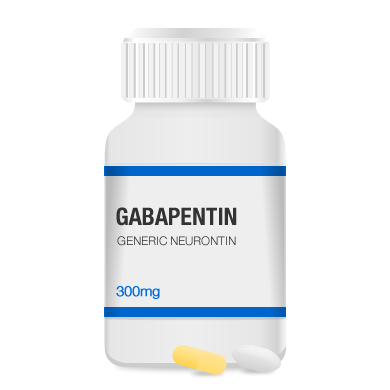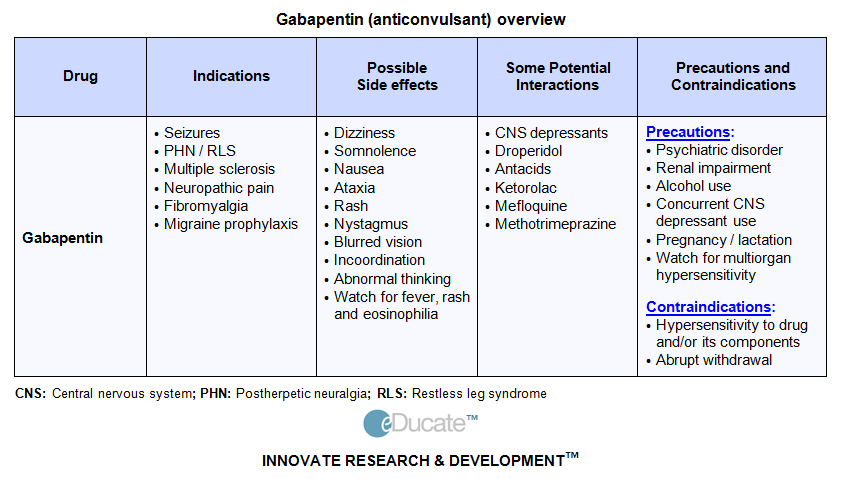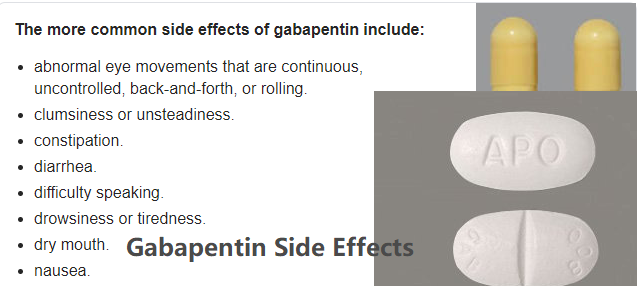Gabapentin is used to help control partial seizures (convulsions) in the treatment of epilepsy. This medicine cannot cure epilepsy and will only work to control seizures for as long as you continue to take it.
Gabapentin is also used to manage a condition called postherpetic neuralgia, which is pain that occurs after shingles.
Gabapentin works in the brain to prevent seizures and relieve pain for certain conditions in the nervous system. It is not used for routine pain caused by minor injuries or arthritis. Gabapentin is an anticonvulsant.
This medicine is available only with your doctor’s prescription.
This product is available in the following dosage forms:
-
-
- Capsule
- Tablet
- Solution
- Suspension
-
Nerve pain can be a symptom of many different conditions, includingcancer, HIV, diabetes, and shingles.

For some, nerve pain is frustrating; for others, nerve pain is devastating and life-changing.
Whether it feels like burning, pinpricks, or sudden shocks of electricity, nerve pain can disrupt your life at home and at work. It can limit your ability to get around. Over time, it can grind you down. Studies show that people with nerve pain have higher rates of sleep problems,anxiety, and depression.Your nervous system is involved in everything your body does, from regulating your breathing to controlling your muscles and sensing heat and cold.
There are three types of nerves in the body:
- Autonomic nerves. These nerves control the involuntary or partially voluntary activities of your body, including heart rate, blood pressure, digestion, and temperature regulation.
- Motor nerves. These nerves control your movements and actions by passing information from your brain and spinal cord to your muscles.
- Sensory nerves. These nerves relay information from your skin and muscles back to your spinal cord and brain. The information is then processed to let you feel pain and other sensations.
Because nerves are essential to all you do, nerve pain and damage can seriously affect your quality of life.
When you have a serious medical condition such as cancer or HIV, dealing with the additional misery of nerve pain can be especially hard. But there is good news. While nerve pain can’t always be cured, it can be treated — and there are a lot of good options available.
Experts believe that 40 million Americans are living with nerve pain. The impact of nerve pain is tremendous. Both the costs to the healthcare system as well as loss of wages and productivity are staggering.
How Are Nerve Pain and Nerve Damage Treated?
In many instances, nerve damage cannot be cured entirely. But there are various treatments that can reduce your symptoms. Because nerve damage is often progressive, it is important to consult with a doctor when you first notice symptoms. That way you can reduce the likelihood of permanent damage.
Often, the first goal of treatment is to address the underlying condition that’s causing your nerve pain or nerve damage. This may mean:
- Regulating blood sugar levels for people with diabetes
- Correcting nutritional deficiencies
- Changing medications when drugs are causing nerve damage
- Physical therapy or surgery to address compression or trauma to nerves
- Medications to treat autoimmune conditions
Additionally, your doctor may prescribe medications aimed at minimizing the nerve pain you are feeling. These may include:
- Pain relievers
- Tricyclic antidepressants
- Certain anti-seizure drugs – Gabapentin
Complementary and alternative approaches may also help alleviate your nerve pain and discomfort. These include:
- Acupuncture
- Biofeedback
- Hypnosis
- Meditation







